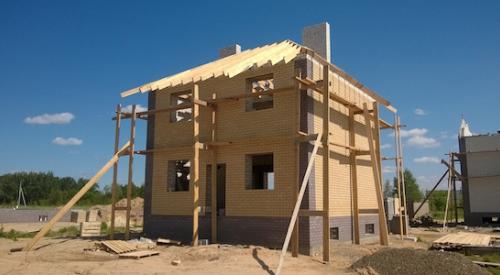A maze of state and local codes, processes and regulations delay and drive up the costs of new home construction. In an effort to break these regulatory barriers and improve the stock of affordable for-sale and for-rent housing, the Department of Housing and Urban Development's Regulatory Barriers Clearinghouse (www.regbarriers.org) seeks to create a national discussion on ideas and solutions to address housing challenges.
In an unprecedented move that allies builders and government, HUD, through its "America's Affordable Community Initiative" launched last June, is encouraging its regional directors to partner with local officials and allied industry professionals to host public forums aimed at eliminating unnecessary regulations or codes requirements.
Initial work toward this goal already has been done. The problem/solution Web site offers builders ideas and ammunition to help eliminate well-intentioned regulations that may be unnecessary. Thousands of barriers and proposed solutions have been posted by developers and builders in the following areas: administrative processes and streamlining; building codes and housing; fair housing and neighborhood deconcentration; fees and dedications; planning and growth restrictions; redevelopment and infill; rent controls; state and local environmental and historic preservation regulations and enforcement process; tax policies and zoning, land development, construction and subdivision regulations.
Some of the most common complaints detailed on the site include:
As the database of information grows and as public pressure for more affordable housing options grows, builders can gain value from be-coming a part of the coalition to solve the housing crisis. "By joining together to overcome regulatory barriers to affordable housing, we can extend the American dream to millions of families in communities across the country," said acting HUD secretary Alphonso Jackson. "We hope to identify more accurately the problems caused by these regulatory barriers and bring solutions and success stories to the attention of those working to help more Americans find a place to call home."












